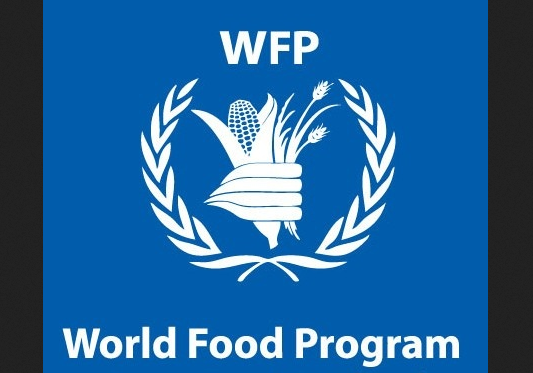Iraq’s unique natural zones require preservation against climate change, according to WFP land mapping research.
The Government of Iraq and The United Nations World Food Programme (WFP) have launched Baghdad’s Land Use Land Cover (LULC) project. This project is considered a vital step in the fight against climate change. LULC generates high-resolution satellite imagery, crucial in understanding environmental challenges and guiding sustainable development.
This project aims to support evidence-based land management and environmental preservation efforts. It is being implemented in partnership with the Central Statistics Organization (CSO) of the Ministry of Planning. It has been generously funded by the German Federal Ministry for Economic Cooperation and Development (BMZ). Notably, this marks the first time the Land Use Land Cover project has been initiated in Iraq and the Kurdistan Region.
The detailed maps demonstrate Iraq’s changing landscapes, assisting decision-makers in identifying critical factors. This information forms the basis for informed decision-making and evidence-based policies to address climate-related challenges.
The project involves mapping urban areas, water bodies, and ecosystems to support sustainable urban planning, efficient water resource management, and ecosystem conservation. The LULC Classification recommends promoting sustainable agricultural practices, conserving wetlands and marshland vegetation, encouraging afforestation and reforestation, and improving land use.
Given that Iraq is one of the countries most affected by climate change, this project is a crucial step towards managing the country’s natural resources.
Ally-Raza Qureshi, the Country Director and Representative for WFP Iraq has stated that the LULC classification can be a valuable tool in addressing Iraq’s crucial development goals, such as improved agriculture, food security, and better water resource management. He added that by utilizing the power of data and evidence, informed decisions can pave the way for a more prosperous and sustainable Iraq. This project reflects their unwavering commitment to leave no one behind as they move towards a better future.
WFP’s team in Iraq is showcasing the country’s progress in strengthening early warning systems and anticipatory climate action to transform food systems at COP28.





